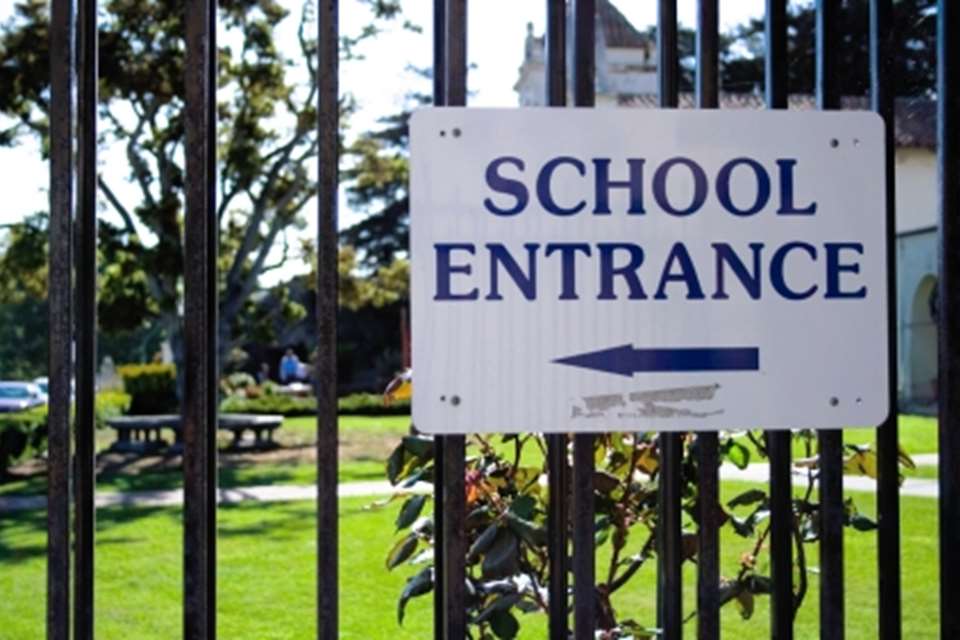Fears that PVI settings could lose children under new Schools Admissions Code
Monday, December 15, 2014
Early years organisations have voiced concerns that the move to allow schools to give priority places to disadvantaged children who attend school nurseries will discriminate against parents who wish to send their children to private, voluntary and independent settings.

They also fear that the move is another push towards a school-led early years system.
The revised School Admissions Code, which comes into force on 19 December, will give priority admission to children eligible for the Early Years Pupil Premium, the Pupil Premium or Service Premium, who attend the nursery class or nursery run by the school.
It also includes clarifications about the rights of parents of summer born children to request that their child start Reception rather than Year 1, at age five.
Although there is no legal requirement for admissions authorities to include such priority in their admissions arrangements, they would have the freedom to do so if they wish.
Neil Leitch, chief executive of the Pre-school Learning Alliance, said he was 'firmly opposed' to the plans.
'This change will inevitably put families who choose to place their child at a PVI setting or childminder at a disadvantage, and flies in the face of guidance from the Office of the School Adjudicator, which clearly states that such practice is unfair.
'It's important to note that, while this currently only applies to children eligible for the various pupil premiums, there have been numerous calls from MPs for priority admission to be extended to all school nursery children, with the childcare minister himself recently stating that this will be kept "under review". Such a move, although likely to be welcomed by those in Government in favour of a school-led early years system, would clearly have a detrimental impact on those families who, given the choice, would opt for high-quality local PVI provision.'
Purnima Tanuku, chief executive of the National Day Nurseries Association, said she was concerned that parents might 'feel pressured to move a child eligible for the EYPP who is well settled and thriving at a PVI nursery or childminder to a school.
'In many cases EYPP children will have been with their early years setting since the start of their funded two-year-old place and providers will have built close relationships with the family and be using the EYPP to meet the child's needs.'
But she added the changes were 'optional' and authorities must consult on their arrangements, urging PVIs to contact their local authority.
Summer-borns
Meanwhile, summer-born campaigners claimed that the code has not gone far enough.
Stefan Richter, parent of a summer-born child, said the revised draft had changed in that parents' views must be taken on board, but had not taken account of campaigners' call for all parents to be granted exceptions should they wish, because admissions authorities would still deal with requests on a case-by-case basis.
'From a parent's point of view it's a ridiculous process and you still have to prepare for a huge fight,' he said.
Parents have to provide evidence as to why they think their child should start the following year and also have no right to appeal an admissions outcome, unlike parents who are able to appeal if they do not get the school place they want, he added.
Michelle Melson of the Summer-born Children campaign, said, 'At the core, all cases are the same: parents who wish their summer-born children to start school in Reception class at compulsory school age, not prior to, with access to the same amount of education afforded to all other children - ie seven years of primary school and five years of secondary school.
'These parents have to endure an entirely different application and admission process to that of parents of children born at any other time of the year wishing to start Reception class at compulsory school age.
'The Government, by way of its code, has abdicated all decision-making and responsibility in the name of "localism" with the end result being a process that varies widely across England. Admission authorities are at liberty to reach different decisions, even for the same child. Furthermore, should a parent's request be granted, there are no procedural guarantees in place to ensure that a child won't be forced at some point during their education to skip an entire year by a school or admission authority. It is inconsistent, unclear and inequitable - the very opposite of what the code should be.'












